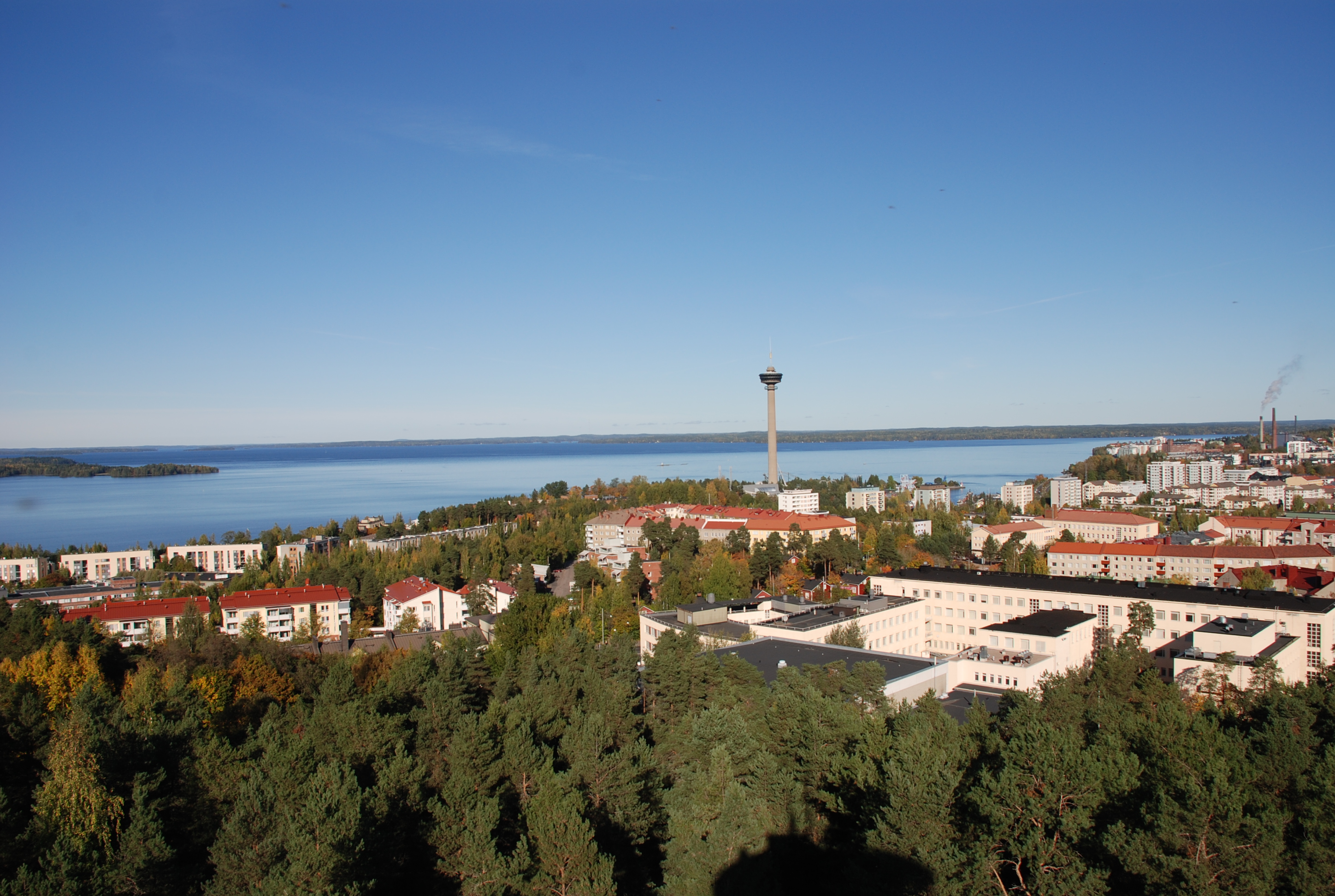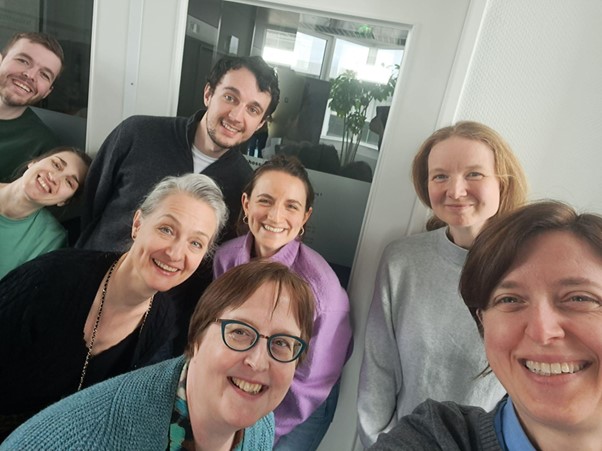Text: Mattia Thibault, with assistance from ChatGPT
In 2017 I had just completed my PhD in Semiotics and Media, with a dissertation on play and meaning making. In the sea of desolation that those months after the defence can be – a time full of uncertainties and frenetic applications – the MSCA felt like an impossible dream.
The Marie Skłodowska-Curie Actions (MSCA) are prestigious research grants from the European Union. Generous and very difficult to get, they offer a unique opportunity for postdoctoral researchers to acquire new skills, gain international and interdisciplinary experience, and expand one’s own expertise.
In 2018, I was awarded the MSCA-IF (Individual Fellowship) for my project, ReClaim, at Tampere University in Finland. After the initial shock, I packed my bags, left Italy, and moved to Hyperborea. The experience of the following two years was not only fulfilling (and fun!), but also transformative: it provided me with the necessary resources, support, and guidance to jump-start my career.
ReClaim lasted two-years and was dedicated to the study of Urban Gamification. The project aimed to deepen our understanding of how to use playfulness to make cities more liveable and inclusive. The project drew on the knowledge and methodologies of urban semiotics, gamification, critical design, and pervasive play, and aimed to build an innovative and usable methodology for studying and implementing actions of urban gamification. The methodology was tested through the analysis of case studies and empirical implementations, which ensured the creation of an applicable framework for the study and implementation of actions of urban gamification, ranging from parkour to Pokémon GO, and from Pride Parades to Playable Cities projects. [Final report available here]
One of the critical factors that made my MSCA experience so positive was the coaching and support I received from Tampere University. The researchers and staff at TAU were invaluable advisors, offering practical and methodological guidance, as well as tips and encouragement, throughout the whole application-writing process. Their expertise and support were instrumental in refining my ideas, ensuring the feasibility of my project and helping me write in a strategic way. Through their guidance (and a bit of luck), I was able to develop a robust research proposal that met the expectations of the MSCA-IF application process – a very selective process.
The grant provided by the MSCA-IF was generous, and it allowed me to focus on my research and expand my interests and methodologies. It provided me with the freedom and resources to take risks and experiment with new ideas. As a result, I was able to produce high-quality research and publish it in different venues. Additionally, the financial support provided by the grant allowed me to attend many conferences around the world, workshops, and other events that were essential for my professional development – and, honestly, quite fun!
In conclusion, the MSCA-PF (the IF’s new name) is a unique and incredible opportunity for postdoctoral researchers to focus on their research, advance their careers, and contribute to the development of their field. The support and coaching provided by Tampere University were fundamental to my success in obtaining the grant and developing my project – and today it is even better structured. So, I would strongly encourage postdoctoral researchers from any field to apply for this prestigious grant and take advantage of the resources, support, and guidance offered by Tampere University.





